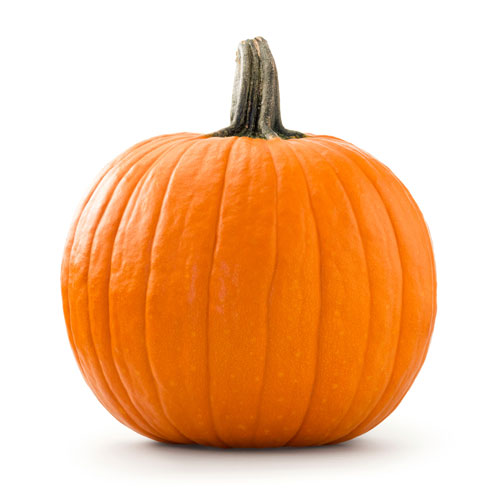Stress, Depression, and the Holidays - Nov/Dec 2022
The holidays often bring added stressors which can be difficult for many of us to manage. Raised expectations, academic deadlines, extra family, work, and social obligations can add up to higher levels of stress, anxiety, and depression. It is important to take steps to help PREVENT some of the excess stress. This is especially true if the holidays have taken an emotional toll on you in the past.

Scheduling even 15 minutes of alone, uninterrupted “me time” each day can help you to better enjoy the holiday season
Tips to Help You Manage Holiday Stress & Depression
- Be realistic The holidays don't have to be “perfect” or “just like last year.” If your holidays look different this year, learn to enjoy new ways of celebrating.
- Reach out if you feel lonely or isolated. Talk to friends or family. Seek out community, religious, or other social events. Volunteer time to help others.
- Set aside differences. Try to accept friends and family as they are, even if they don't live up to your expectations. Be understanding - they may also be struggling with holiday stress.
- Learn to say no. Saying “yes” when you should say “no” can leave you resentful and overwhelmed. If you can’t say “no” to certain obligations, try to remove something else from your schedule.
- Don't abandon healthy habits. Get quality sleep. Exercise regularly. Fit in some healthy snacks and meals.
- Take a breather. Make time to relax by yourself every day. Spending even 15 minutes alone, doing something you enjoy without any distractions, may refresh you enough to manage everything else you need to do that day.
- Stick to a budget. Before you shop for food or gifts, decide how much you can afford and stick to your budget. Don't try to buy happiness by overdoing things.
- Acknowledge your feelings. If you’re experiencing loss or hurt, realize that it's normal to feel sad and it's OK to cry – even during the holidays.
- Seek professional help if you need it. If you are unable to complete your daily routines because you feel persistently sad, irritable, unable to sleep, or plagued by physical complaints, please visit the college Health & Wellness Office, or talk to your doctor or mental health professional.

How Being Thankful Can Help
One aspect of the Thanksgiving Holiday that can help you to decrease stress: is being grateful.
In positive psychology research, gratitude is consistently associated with greater happiness. Being thankful can help you to better recognize good experiences and feel more positive emotions.
Dr. Robert Emmons, professor of psychology at the University of California, Davis, and author of Thanks! How the New Science of Gratitude Can Make You Happier, recommends adopting a daily practice of identifying the people, places, or things for which you are thankful. Doing so will keep you open to experiencing the warm feelings that come along with being aware of (being mindful of) the things that bring you comfort.
Establish a daily habit of recognizing and appreciating the good things around you, no matter how small. It will help you handle stress better and increase positive feelings all year round.








